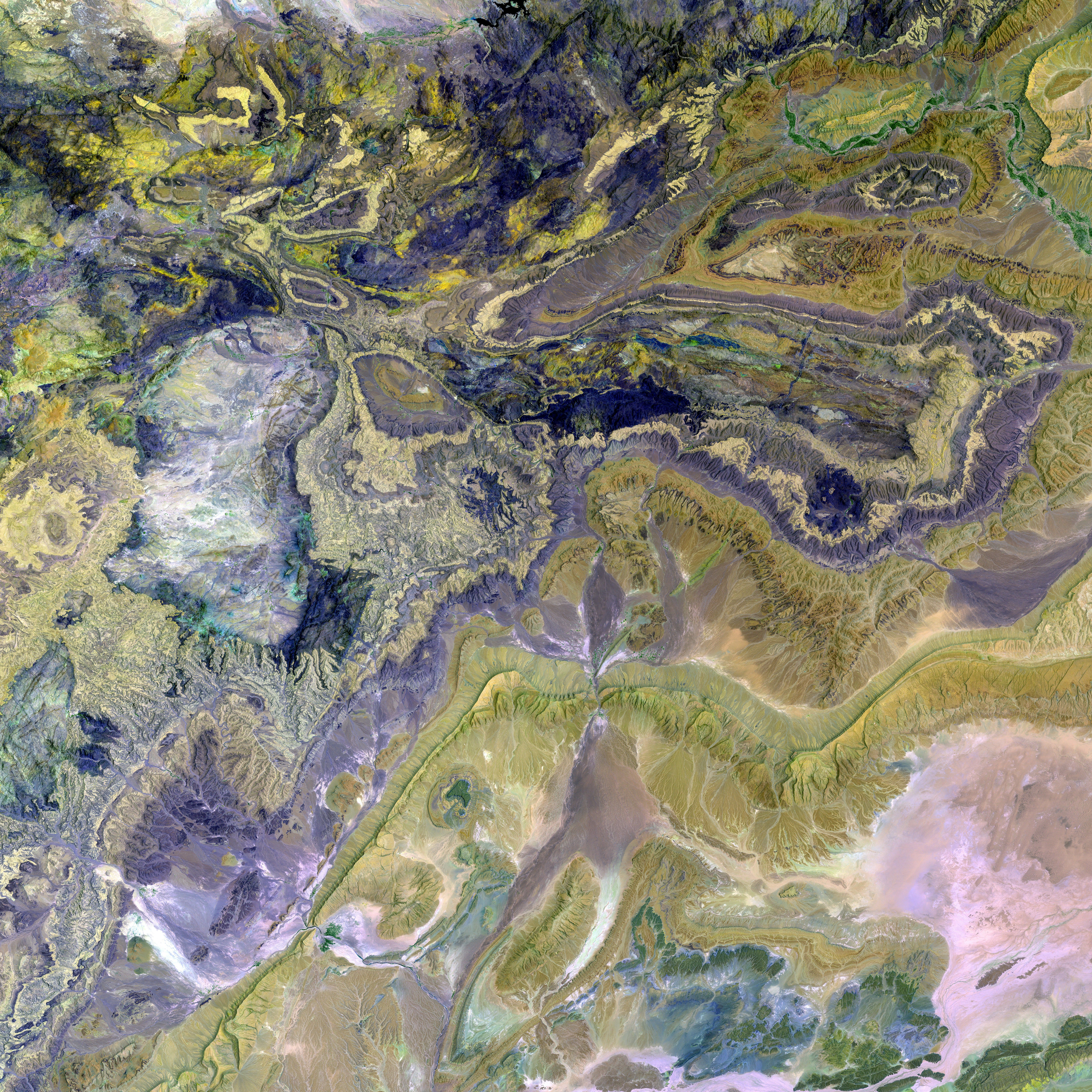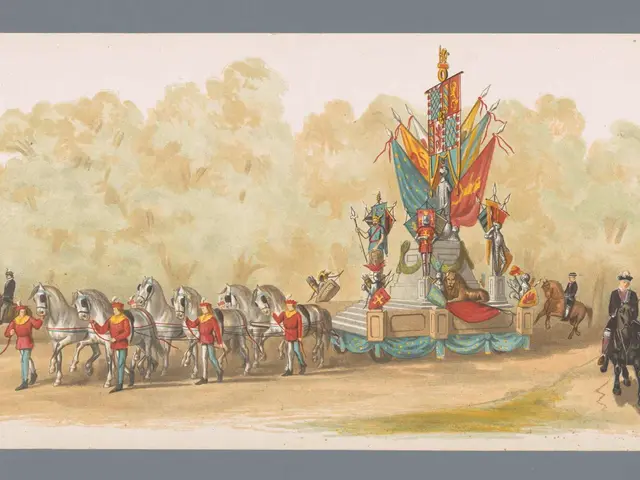Holiday Emergency Looming over Georgia
Amidst a deep political rift in Georgia, Tbilisi Mayor Kakha Kaladze has been endeavoring to foster a festive spirit in the nation, most notably by arranging the annual lighting of the Christmas/New Year tree on December 14. This event was planned to take place at a site famed for daily clashes between riot police and thousands of protesters.
Kaladze, a well-known former soccer star and influential figure in the ruling Georgian Dream party, called on the citizens to bring their children to the gas-saturated downtown Tbilisi for the occasion, in spite of the tumultuous political climate.
The atmosphere during the scheduled event fell short of family-friendliness, given the heavy police presence surrounding the towering Christmas tree. The rest of the area was teeming with protesters carrying photographs of brutally beaten journalists and protesters from previous days. Water cannon trucks and riot troops stood ready, preparation for any potential confrontations.
Despite reported pressure on municipal officials to attend the event with their families, only a few enthusiastic adults showed up, devoid of children on the day. The hastily organized spectacle lingered for some time before it was postponed.
Two days later, Kaladze illuminated the tree and festive lights elsewhere in the city without the usual celebratory fanfare. He attributed the lackluster holiday event to the demonstrators and reaffirmed Santa's planned arrival in Tbilisi regardless.
The failed tree-lighting event serves as a symbol of the nation's stark political divisions, with two parallel worlds, each with contrasting views of reality. The polarization extends to the presidency, with the outgoing president, Salome Zourabichvili, and the newly elected president, Mikheil Kavelashvili, each embodying the opposing viewpoints.
Zourabichvili, popularly elected six years ago, is an advocate for Georgia's integration into Western political and economic institutions, particularly the European Union. As resistance to the Georgian Dream government's anti-Western and anti-democratic leaning increases, Zourabichvili leads the opposition and is considered the legitimate authority in the country due to widespread irregularities allegedly occurring during the October 2024 parliamentary elections.
Kavelashvili, an anti-Western hardliner, was unilaterally elected by Georgian Dream members through an electoral college vote, coinciding with the tree-lighting blunder. Protestors took to kicking soccer balls outside the parliament building as Georgian Dream's electors cast their votes for Kavelashvili.
Protestors accused the Georgian Dream and, by extension, Kavelashvili, of having lost all legitimacy due to the alleged rigging of the October 2024 parliamentary elections. This event marked a deviation from the nation's pro-Western course and a brutish suppression of the ensuing demonstrations that followed. The resistance has spread to various sectors of the country, including academia, business, and government, with numerous professional guilds and demographic groups organizing separate demonstrations.
The resignation of diplomats and government officials in protest has also become commonplace. Nearly 130 employees of Mayor Kaladze's own office have signed a statement critical of Georgian Dream's policies, prompting a wave of layoffs at the mayor's office in response.
Despite the ongoing protests and external criticism, Georgian Dream carries on with holiday preparations and continues to deny the existence of the widespread resistance at home. On December 16, EU foreign ministers expressed support for planned sanctions against the Georgian government in response to the anti-EU movements and violations of civil liberties. However, Georgian Prime Minister Irakli Kobakhidze inexplicably thanked Italy, Spain, and Romania, suggesting that these countries had voted against the motion.
The foreign ministries of all three countries responded with confusion, asserting their full support for the proposed sanctions and expressing bewilderment about the prime minister's statements.
Mayor Kaladze perseveres in planning grand celebrations for New Year's Eve, assuring nothing can hamper his intentions to throw a big party in the heart of Tbilisi to welcome 2025. The protesters, however, have announced their plans to show up on that night, just as they do every evening.
In the meantime, President-elect Kavelashvili is preparing to be sworn in, but President Zourabichvili has indicated she has no intention of ceding her office to Kavelashvili, citing the illegitimacy of the body that elected him. She has taken to social media to assert that "they put a train here ..., let's see who is going to ride away on it."
- The political climate in Georgia has led to public demonstrations and heated debates, particularly regarding the nation's policies towards Western institutions, such as the European Union.
- The economic sector, including businesses, has been impacted by these political developments, as numerous professional guilds and demographic groups organize protests against the government.
- Amidst the tumultuous political climate, instances of crime and justice, like car-accidents and fires, have increased, further straining the resources of the government and law enforcement agencies.
- The ongoing migration of Georgian citizens, both within the country and abroad, has been influenced by the political instability and economic hardship caused by war-and-conflicts and policy-and-legislation.
- Meanwhile, the internal power struggle between President Salome Zourabichvili and President-elect Mikheil Kavelashvili has dominated political news and fashioned a significant part of Georgia's general news coverage.








